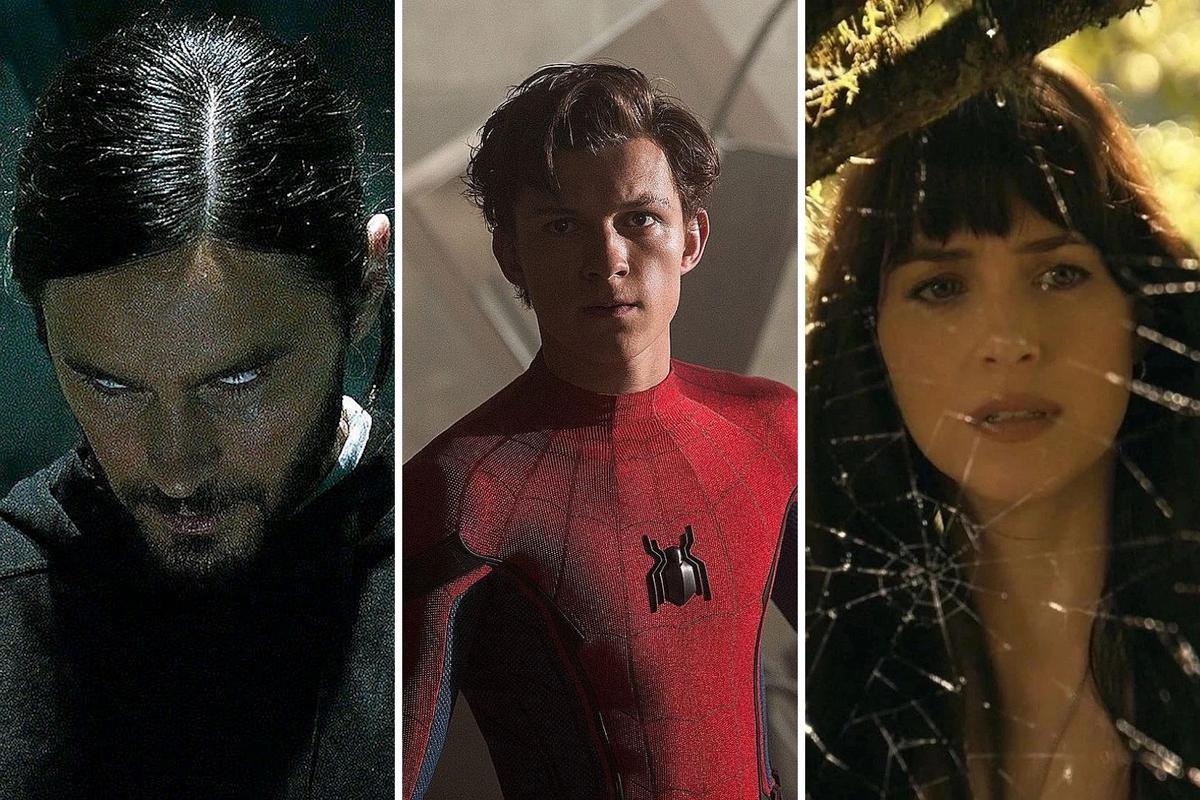Robert Verrall, a pioneering Canadian animator, director and film producer with the National Film Board of Canada, has died. He was 97.
Verrall died in Montreal on Friday from unspecified causes, the NFB, the country’s publicly-funded filmmaker, said after being in contact with his family.
“Robert Verrall was one of the builders of the NFB, who possessed a keen eye for great stories and talented creators. Gifted in animation, he built on the foundation put in place by Norman McLaren to attract global renown for the NFB as a center for animation excellence. In documentary and drama, he oversaw the NFB’s efforts to establish production units across the country. He was an ally when trailblazers like Kathleen Shannon founded Studio D, the world’s first publicly funded feminist filmmaking studio. Robert truly helped to shape the modern NFB, and we are deeply grateful for his legacy,” Suzanne Guèvremont, government film commissioner and NFB chairperson, said in a statement.
Verrall and longtime collaborator Wolf Koenig produced the animation for Colin Low’s 1953 short film The Romance of Transportation in Canada, which earned a Palme D’Or for best animated short film in Cannes and an Oscar nomination for best short cartoon.
Born on January 13, 1928, in Toronto, Verrall was among the first pioneering Canadian filmmakers to join the NFB, whose animation studio was led by Norman McLaren. In a 2012 short documentary for the NFB, he recalled arriving in Ottawa in May 1945 to join the NFB as a summer student and becoming part of a filmmaking organization led by the late John Grierson, considered the father of Canadian documentary films.
“If you wondered how come this country managed to get an organization up and going like the Film Board, it was him (Grierson). He was just a genius,” Verrall recounted. He went on to join the animation studio led by McLaren, where he also formed a close working relationship with Hoenig and Low.
Verrall worked at the NFB from 1945 to 1986 and earned in all six Oscar nominations, a BAFTA Award and prizes in Cannes and Venice. As a producer, he served as head of the NFB’s animation department from 1967 to 1972, where he oversaw work on iconic films like Ryan Larkin’s Oscar-nominated Walking (1968), Yvon Mallette’s Boomsville (1968), Zlatko Grgić’s Hot Stuff (1971) and Barrie Nelson’s comedic Propaganda Message (1974).
In 1972, Verrall was promoted to director of English production, a post he held until 1976. In 1977, he was made executive producer of special projects, which included Paul Cowan’s Oscar-nominated Commonwealth Games film Going the Distance.
And in September 1980, Verrall became head of Studio B and shepherded the co-production of feature films and TV dramas like The Wars, Empire Inc. and The Tin Flute/Bonheur d’occasion. In all, Verrall either directed or produced over 50 films before retiring from the NFB in 1986 to move to his farm in the Eastern Townships outside Montreal.
He is succeeded by his son, David Verrall, who joined the NFB in 1977 and went on to become head of its English Animation Studio in Montreal before retiring in 2011 after 34 years with the public filmmaker.







